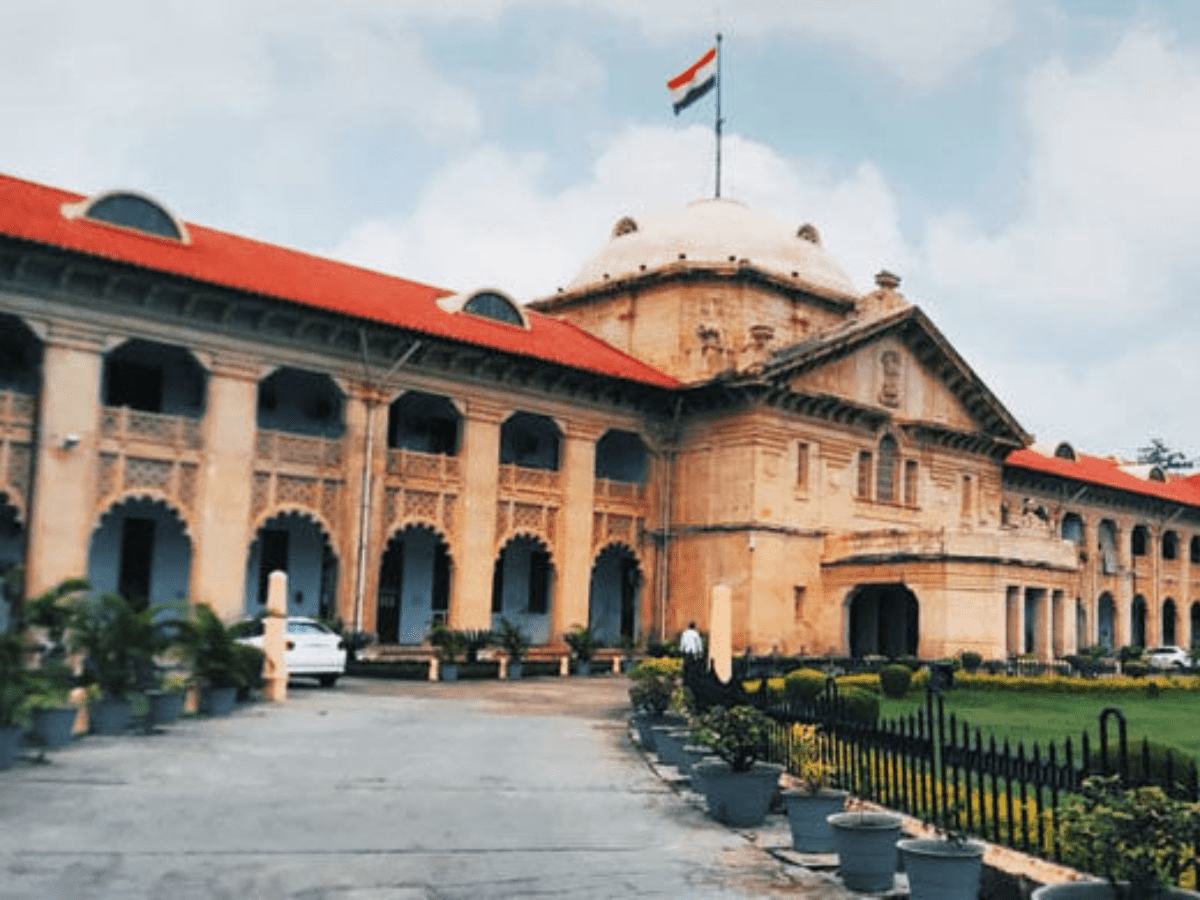
Prayagraj: In a major judgment, the Allahabad High Court has held that the registration of a will is not necessary in Uttar Pradesh.
The state government had made registration of wills mandatory from August 23, 2004.
“Wills in Uttar Pradesh are not required to be registered and a will, for its non-registration, will not be void whether before or after the Uttar Pradesh Amendment Act, 2004,” the court said.
A division bench of Justices Siddhartha Varma and Ajit Kumar held that Section 169(3) of the Uttar Pradesh Zamindari Abolition and Land Reforms Act will be void to the extent it provides for the registration of a will.
The High Court made it clear that a will, shall not be considered invalid if it is not registered.
The bench pronounced the verdict while disposing of a “reference” sent to it by the Chief Justice in a petition filed by Pramila Tiwari.
The High Court held that Section 169(3) of the Uttar Pradesh Zamindari Abolition and Land Reforms Act, 1950, in so far as it requires a will to be compulsorily registered, is contrary to the Indian Registration Act, 1908, which makes the registration of a will optional.
Hence, the court held that the amendment of Section 169(3) of the 1950 Act to the extent that it requires a will to be compulsorily registered is void and accordingly, struck down the said part.
In the Shobhnath case, the High Court had said the registration of a will was necessary after the law came into force.
But in the Jahan Singh case, it was said a will becomes effective after death and therefore, it should be registered at the time of presentation.
For clarification on the two contrary views, the Chief Justice had sent the reference to the division bench, which summed up the issue that “whether a will reduced into writing before August 23, 2004, is required to be compulsorily registered in the event the testator dies after the said date”.
During the proceedings, the court examined whether the state legislature, without the President’s assent, could have made the registration of wills compulsory by incorporating a legal provision to this effect as wills, intestacy and succession under the Constitution are subject matters of the Concurrent List and a central law is already there on the subject of registration of wills under the Registration Act, 1908.

